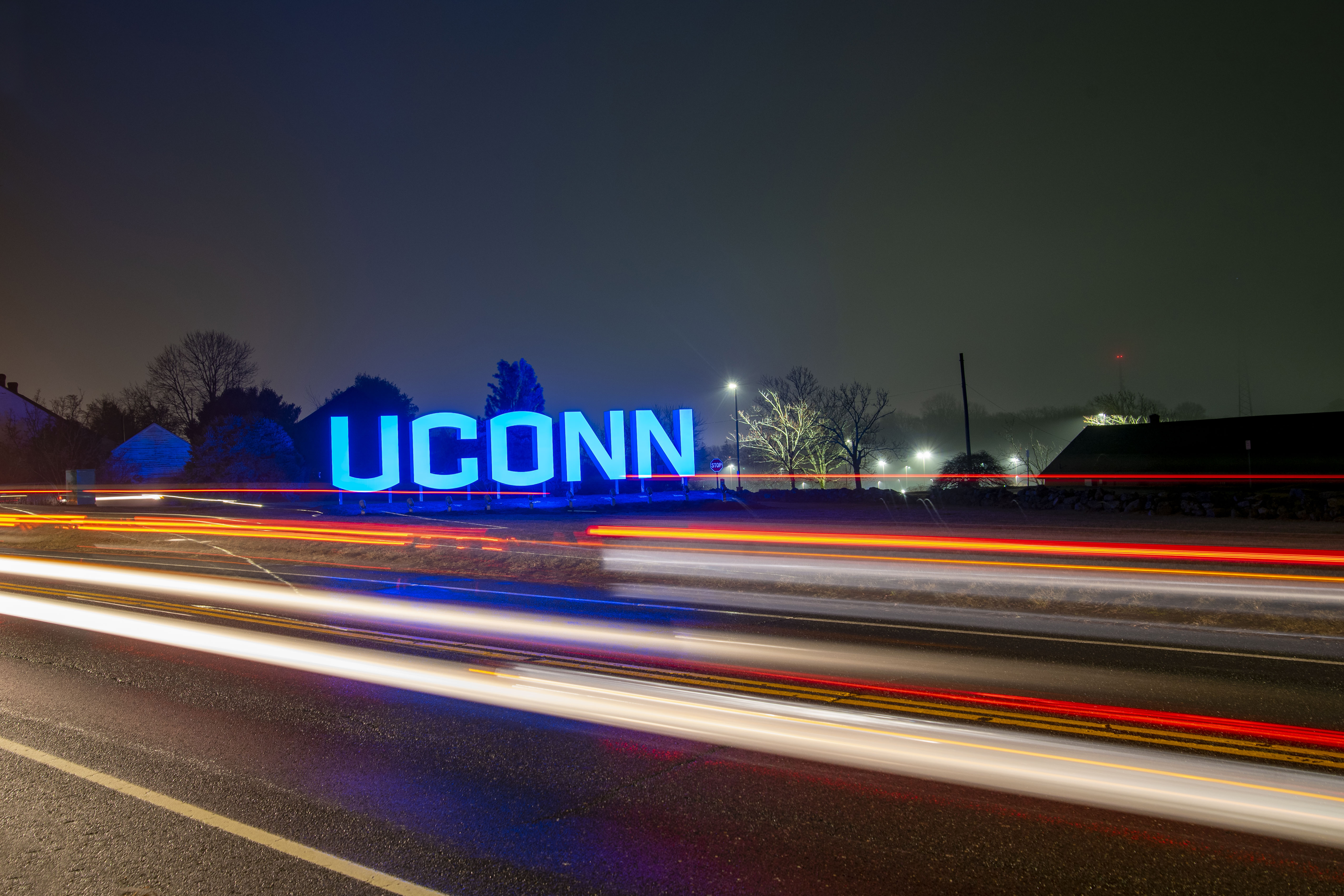To the UConn Community:
I know that your inboxes are overflowing with updates and directives during this extraordinary time. I apologize for adding more to your reading list, but please allow me to reflect on the remarkable response of the UConn community thus far, to thank all of you for your amazing efforts, and to look briefly at what lies ahead. Any success we achieve amidst crisis is grounded in UConn’s strong sense of community and its unbounded creativity.
At the forefront of our response are the heroic health care providers and supporting staff at UConn Health. Their preparation, training, and culture of teamwork has ensured the best possible care for the patients there now and in the weeks ahead. Simultaneously, researchers across many fields have pivoted their scholarship to providing insights on developing coronavirus vaccines and therapies, inventing makeshift ventilators, and adapting outmoded masks to functional emergency backups.
For years, UConn has benefitted from a culture committed to innovation in teaching and learning, including exploring and advancing diverse pedagogies in nearly every program. This base – along with outstanding support from our Center for Excellence in Teaching and Learning and Information Technology Services, coupled with peer-to-peer support among faculty and students alike – has enabled a smooth transition to online that not all universities have experienced.
The broader UConn Nation has stepped forward as well in this time of crisis, as the desire to help and donate has been tremendous. Those with resources are directed here.
Because of these monumental efforts, UConn is fully functioning as a university that is physically distant, but socially and globally connected. As we move forward in this new normal, the challenges we face now and in the weeks ahead are on three fronts:
· Sustaining the emergency mode of operation over months as fatigue sets in;
· Continuing to advance our non-emergency agenda and mission;
· Planning for re-entry into a more conventional mode when the immediate health threat abates.
Prior to the crisis, we were developing strategic plans to implement our vision for taking UConn to the next level as a leader among the great public flagship universities in the nation. Those visions are not on hold; rather, they are now moving along new paths emerging upon the landscape in real time.
A flourishing of research productivity remains possible, even probable, across the disciplines. As already mentioned, the efforts of our STEM and health sciences faculty are earning rapid response grants and potential new patents. Rarely if ever has there been a richer moment for the humanists and historians to give us much-needed perspectives on who we are and who we will become, to answer questions about what it means to be human in times like these. There is a massive amount of new data for social scientists, humanists, business and law scholars to give us new insights into our collective response to a global crisis and how it differs from those in the past. Education scholars also will have a treasure trove of new insights into how we learn from a global educational experiment in pedagogy of unprecedented scale.
Eventually the immediate crisis will recede and universities and society as a whole will need to transition back to a new normal. One thing that is clear is that there will be significant financial losses to overcome – not just at UConn and in Connecticut, but globally. For us this will mean reprioritization and shifts in direction to take advantage of new opportunities. If we do this right, the new normal will be an advance of our mission and an advance of our institution in a relative sense.
Of course, we need to do this thoughtfully, transparently, and in consultation with faculty, staff, and students, but we also need to take some initial steps now. An announcement will follow later this week with more information about how we are going to approach this together and, like many organizations, it will require some hard decisions on hiring and spending.
All of this begs a reasonable question: Can we maintain forward progress on our mission and priorities even in these extraordinary circumstances, or will efforts be inevitably slowed or postponed?
Michael Accorsi, associate dean of engineering, recently shared with me a 17th century story which holds relevance centuries later. When the bubonic plague swept across Europe in 1665-66, Professor Isaac Newton was forced to retreat to the country from Cambridge University. In his isolation there, he developed many of his most famous scientific contributions in 1666, including calculus, motion, optics, and gravitation. It became known as Newton’s Annus Mirabilis, his “wonderful year.”
Successfully weathering adversity leads to greater resilience. If we do our jobs right, we may emerge more resilient than ever. If we are intentional and creative about connecting our curriculum to understanding and addressing the emergent challenges the world faces, and if we are the emotionally supportive mentors and colleagues we can be, we can empower and motivate this generation of students and educators to use their knowledge for the greater good – for improving the lives of our communities, states and the world.
So kudos to you – our faculty, staff, and students – for the way you have responded to the challenges of the past several weeks. There are more ahead, but your continued caring and creativity will help us to meet and overcome them together.
Sincerely,
Tom



